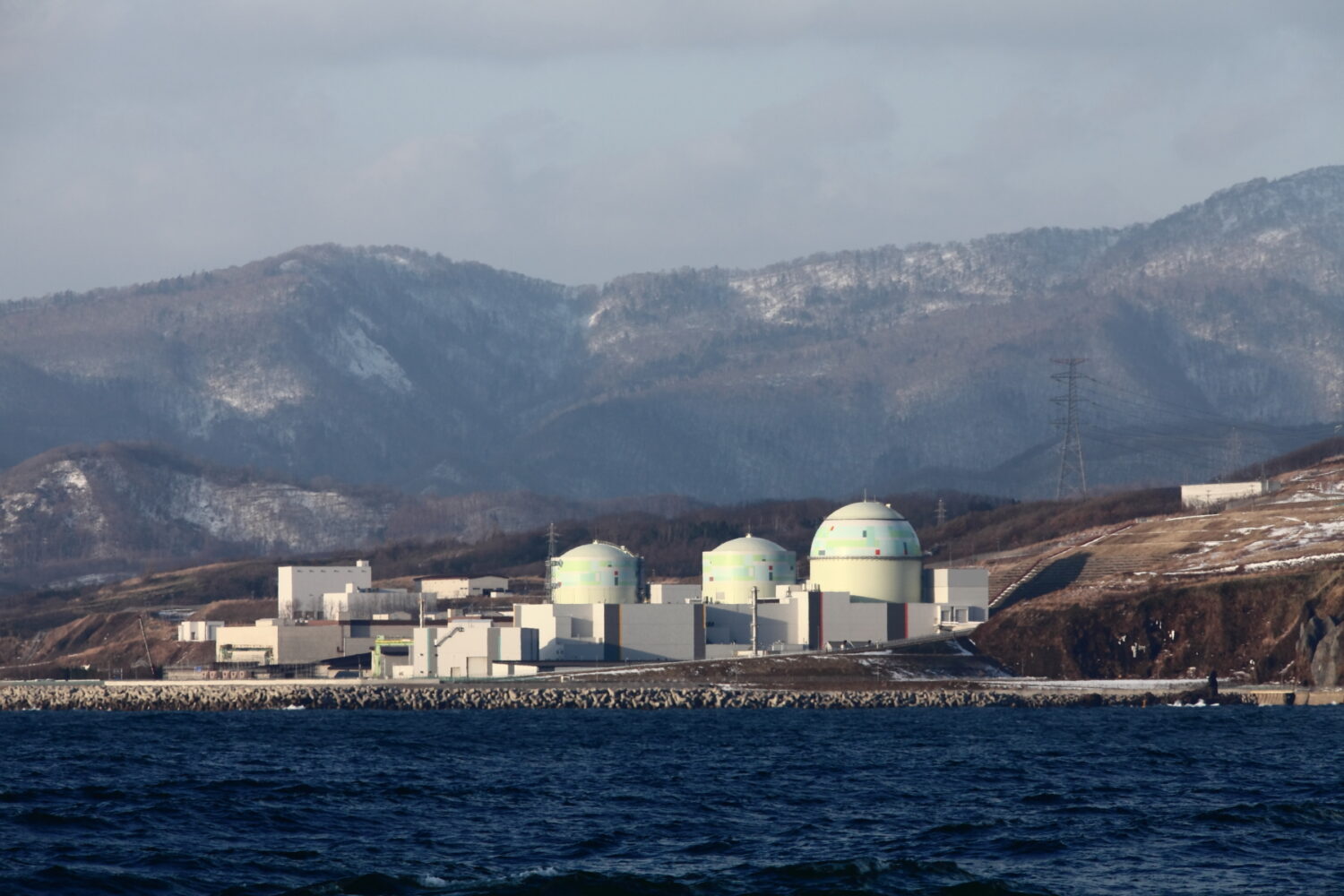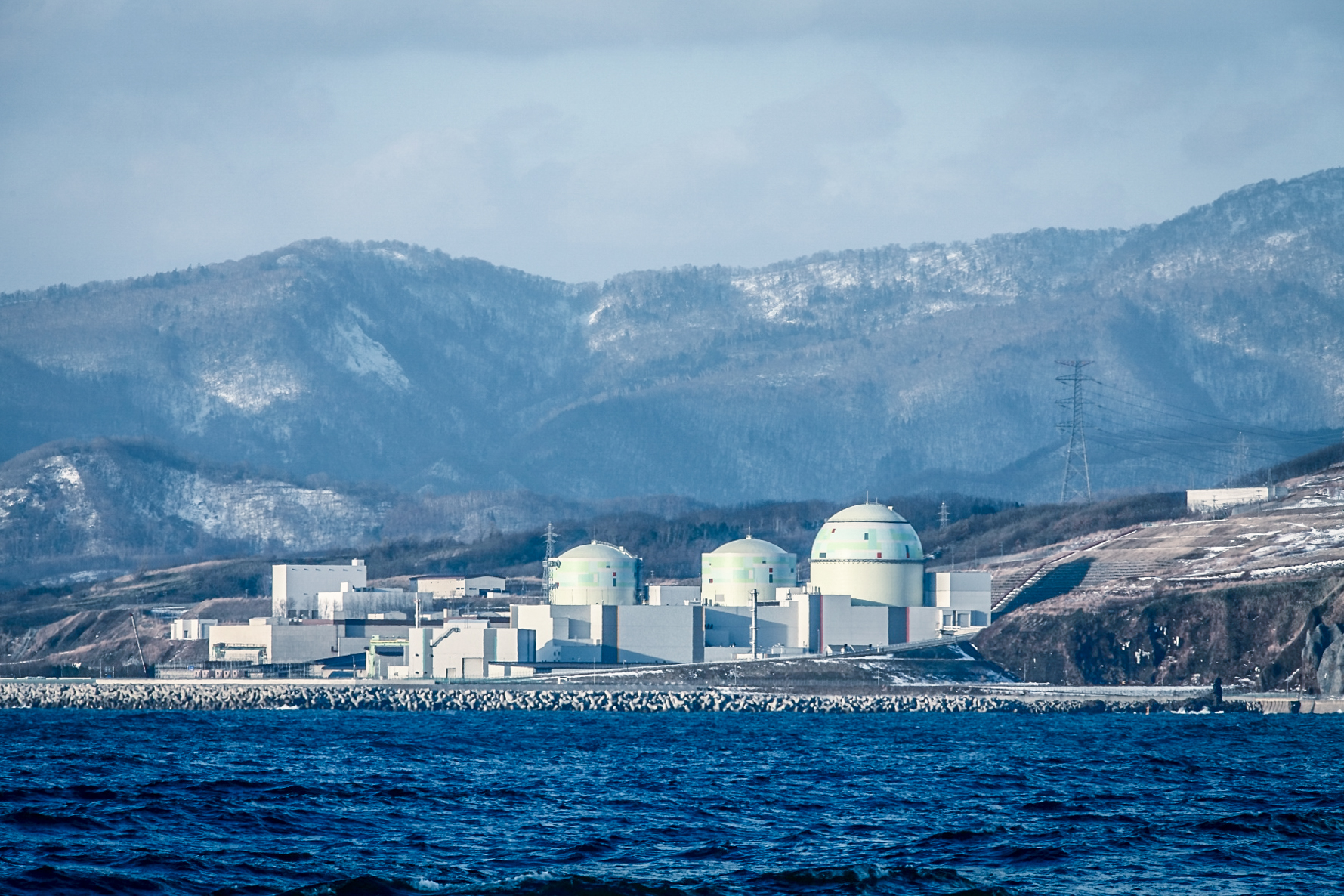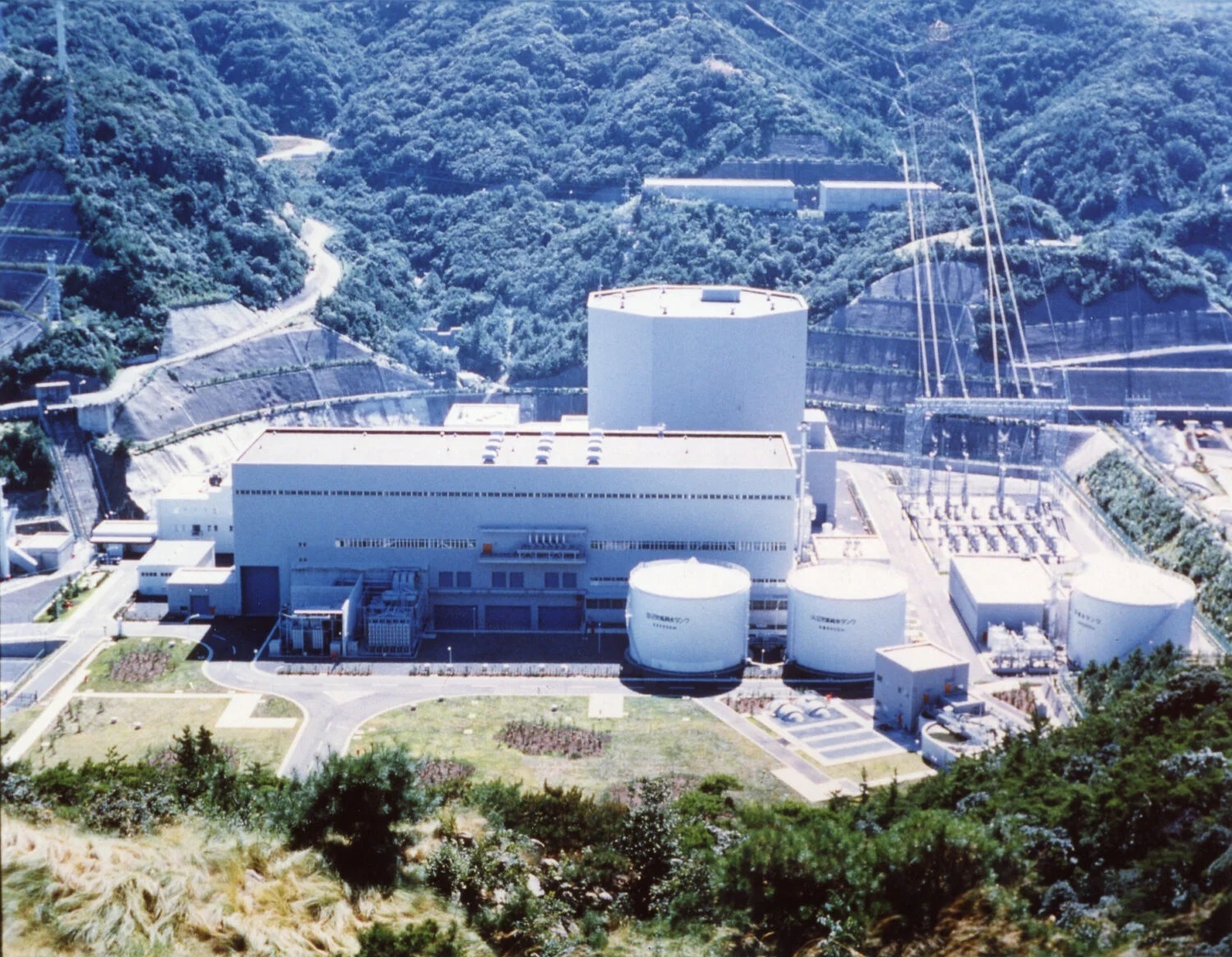At a press conference held the same day in Tokyo, Kansai EP President Makoto Yagi emphasized that there were factual errors in the decision, and that the power company could not possibly agree with it. Saying, however, that the decision “could affect the company’s obtaining of understanding from local communities,” he suggested that the assumed November restart of the two NPPs be delayed.
Kansai EP asserts that there were four factual errors in the decision. For example, while the court stated that it would only take some five hours from the loss of power sources to core damage, the power company instead has countered by saying that “it would be possible to continue water injection, without external support, to cool the fuel in the reactor core for 18 to 19 days.”
The company president also pointed out errors in the court’s decision regarding the seismic safety of water supply equipment at the spent fuel pool, as well as errors concerning emergency responses and backup water supply pumps.
The district court plans to examine Kansai EP’s objections and its request to lift the injunction. Meanwhile, the power company cannot legally operate the Takahama-3 and -4 (PWRs, 870MWe each) until the temporary injunction is lifted. Yagi said that his company would do its utmost to demonstrate safety to get the plants restarted as soon as possible.
Who Lacks Rationality?
On April 14 the Fukui District Court issued its temporary injunction. In the decision, it said that the new regulatory standards issued by the Nuclear Regulation Authority (NRA) were “too gentle and lacking rationality.” The basic design of the Takahama-3 and -4 was approved by the NRA in February 2015. The temporary injunction took effect immediately. Kansai EP cannot restart the units unless the decision is reversed in future legal proceedings.
The operation of the two NPPs is prohibited by the temporary injunction, making not only their restart, but also trial runs, impossible until the decision is reversed. When an objection such as this one is filed, the matter goes before another judge, and is said to require anywhere from a few months to half a year before a final decision is made. Temporary injunctions are the most effective “weapons” for anti-nuclear activists in their efforts to impede nuclear power.
After the decision by the Fukui District Court on April 14, NRA Chairman Shunichi Tanaka commented that Japanese regulatory standards are “internationally recognized as being the strictest in the world.” The amount of safety-related equipment required by those standards is enormous. Indeed, from the perspective of economic efficiency, the decommissioning of five additional NPPs has recently been decided.
Combined with the 40-year limit (in principle) on reactor operation, all of Japan’s NPPs will have to be decommissioned by the 2030s. The Fukui District Court, however, said that the new regulatory standards are “too gentle and lacking rationality,” but showed no grounds for that statement. It is the court that lacks rationality.
Chief Judge Hideaki Higuchi, who issued the decision, also decided in May 2014 to prohibit the operation of the Ohi-3 and -4 NPPs (PWRs, 1,180 MWe each), owned and operated by Kansai EP. (The power company has since appealed.) In the Ohi decision, the court said that there was a specific risk that the operation of the NPPs could possibly infringe the personal rights of residents. The recent Takahama decision basically follows similar logic.
What is consistent about the judgments of Chief Judge Higuchi is his attitude not to allow a “one-in-10,000” chance of danger. From that ideologically-oriented position, he has turned a blind eye to the views of experts and specialists, as well as to scientific knowledge. Without understanding, he has casually prohibited NPP operation.
In his examinations in both the Ohi and Takahama cases, the judge did not summon any nuclear energy specialists or experts to court as witnesses. He ruled within 15 months on a type of lawsuit that usually requires five years or more, and issued the temporary injunction in just about four months. He thus came to his conclusions at a swift pace totally inappropriate in nuclear-related judicial proceedings.
We may justifiably say that the Fukui District Court, in its opinions, is even more arbitrary and biased than the NRA, which judges almost any fault to be an “active fault,” ignoring scientific knowledge.


-013.jpg)

-049.jpg)
.jpg)















